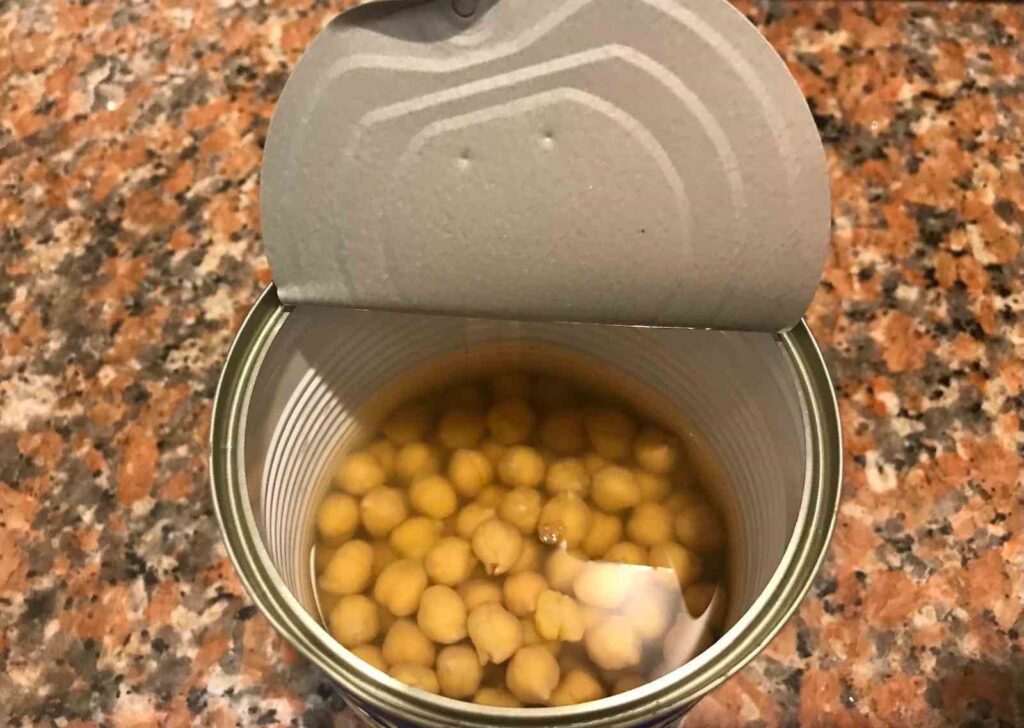Be careful when giving canned foods to your child: It can cause early puberty.
Associate Professor Mustafa Temizel, who warns about canned foods, plastic storage containers, and water dispensers commonly used in daily life, pointed out that these items could be dangerous for long-term use. Some contain BPA, which is known to have harmful effects on health…

Assoc. Prof. Dr. Mustafa Temizel, who warned about canned foods, plastic storage containers, and water dispensers commonly used in daily life, indicated that these materials could be dangerous for long-term use. Mentioning that some of them contain BPA, which mimics the estrogen hormone, Assoc. Prof. Dr. Temizel said, ‘It can lead your child to early puberty. It can also cause infertility in men.’ Bisphenol A (BPA) is the basic material of plastic products and polycarbonate. It is used in the production of coarse plastic products. Although it is not directly present in food and beverages, it can be used in areas that may affect human health. It is used in the inner coating of water dispensers, baby bottle production, dosage spoons for medicine syrups, inner part of sports water bottles, plastic storage containers, and inner coating of canned foods. Assoc. Prof. Dr. Mustafa Temizel from the Department of Internal Medicine at Medicana International Istanbul Hospital, who explains the long-term effects of this substance, made various warnings.
“Increases the risk of breast cancer” Assoc. Prof. Dr. Mustafa Temizel stated that BPA is a substance that mimics the estrogen hormone, showing similarity to it, and said, ‘Therefore, in constant exposure, it can elevate estrogen levels. The increase in estrogen levels can lead to different problems in adults, children, and fetuses during pregnancy. Especially in women, the increase in estrogen levels increases the risk of breast cancer. It can also disrupt hormonal balance, trigger obesity, or cardiovascular diseases. It can also trigger early sexual development in children. If exposure occurs during pregnancy, it can affect baby development. It can also trigger infertility in men.”
“3, 6, and 7 numbers indicate potential issues in the content” Assoc. Prof. Dr. Temizel, mentioning that there are bans on this issue both in Turkey and worldwide, said, ‘BPA is banned in baby bottle production. For monitoring health conditions in production, numbering is applied to water dispensers, PET bottles. Numbers 1, 2, 4, 5 indicate healthy content. Numbers 3, 6, and 7 indicate potential issues in the content.’
“PET bottles should be stored properly” Assoc. Prof. Dr. Temizel also addressed the importance of paying attention to drinking water from PET bottles, especially in hot weather, saying: ‘If the water in the PET bottle is stored and used under proper conditions, there will be no issue with the water. However, there is a risk of some substances used in the production of PET bottles leaching into the water. Polyethylene material is used in the production of PET bottles. Therefore, it is possible for plastic substances originating from production to pass into the liquid. However, for this to happen, leaving the water in a warm environment for a long time, long-term storage can cause substance transfers. The predominant substance in PET bottle production is antimony trioxide, which is carcinogenic.’
“Do not leave the water in PET bottles in your car during hot weather” Saying that both the FDA and the European Union legislation impose an obligation not to exceed a certain amount of antimony trioxide, Assoc. Prof. Dr. Temizel concluded by stating, ‘Leaving PET bottle waters unattended and careless poses a problem for consumers. Especially drivers leave their PET bottle waters in their cars during these high temperatures. When the temperature outside is 30 degrees, the temperature inside the car can double that. These facilitate the transfer of toxic substances into the water. However, this transfer is not in very high amounts. Toxic substances that can pass through PET bottles have carcinogenic effects in the long term. Therefore, the use of glass bottles and stainless steel containers is healthier than plastic bottles.’







